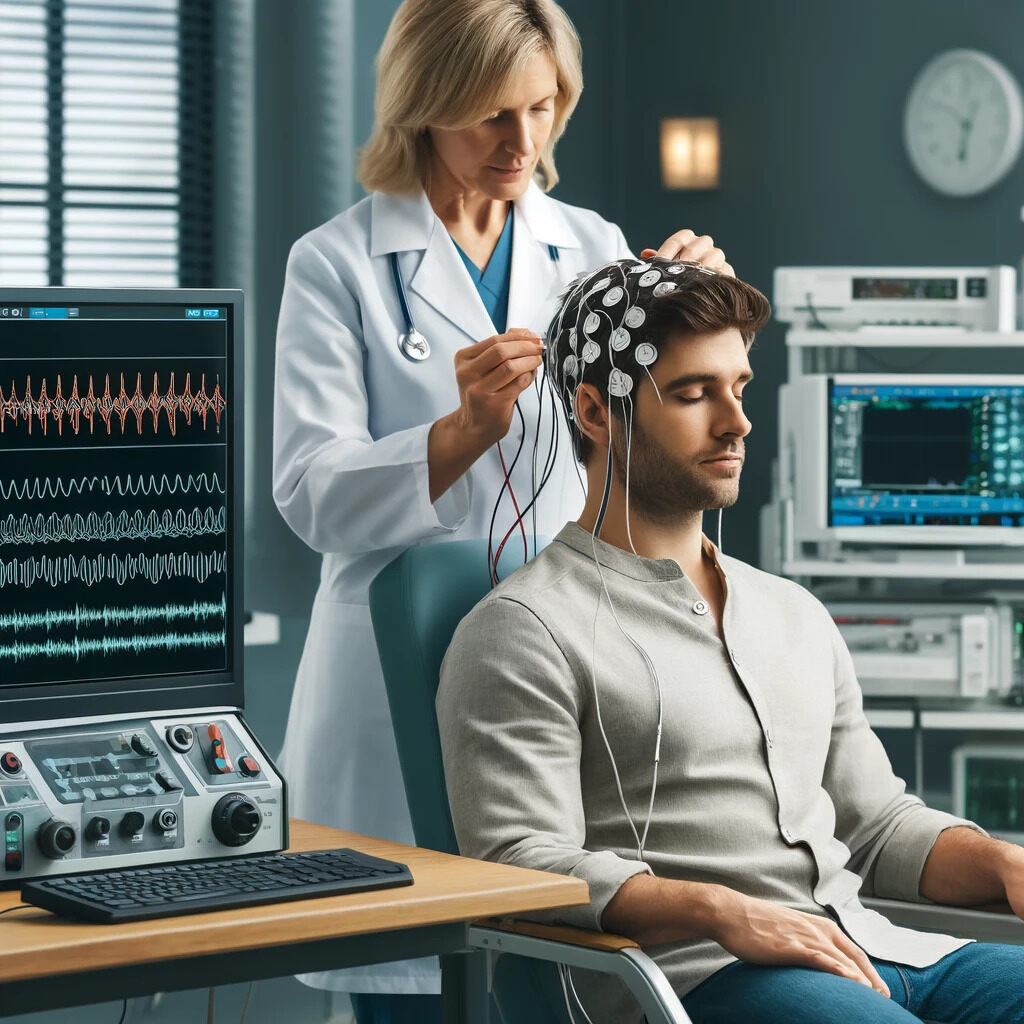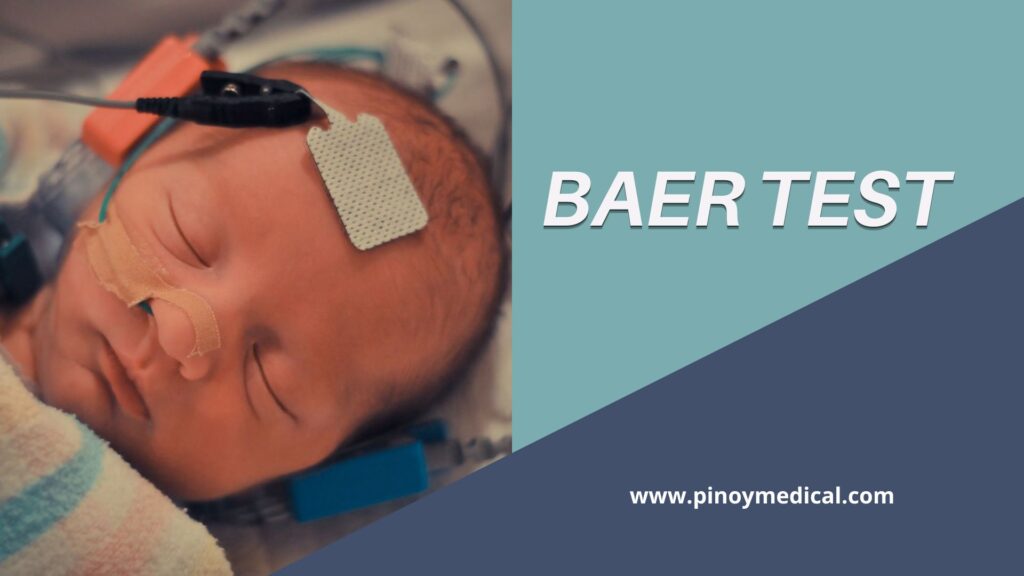The Brainstem Auditory Evoked Response (BAER) Test evaluates neural networks and hearing ability. It is employed in the diagnosis of neurological conditions, developmental abnormalities, and auditory impairments. The BAER Test is useful in identifying early indications of loss of hearing in infants and assessing brain function in adults with neurological complaints.
BAER Test Price
Hospitals and clinics might charge anything from ₱1,900 to ₱5,800 for the most recent BAER Test. Differences in technology, apparatus, and other services provided with the test package are the cause of this pricing variance. For some examinations, several hospitals provide bundle discounts or offers. Consult with local clinics or hospitals for precise rates.

Popular Clinics and Hospitals that Offer BAER Test
Hospitals charge different amounts for the BAER Test, and variables like popularity and location of the facility affect costs. It’s best to get exact pricing by getting in touch with neighboring clinics because of these discrepancies. Several notable clinics and hospitals that provide the BAER Test are:
| Hospitals/Lab | Location | Contact | |
| De La Salle University Medical Center | Gov. D. Mangubat Avenue, Zone IV 4114 Dasmariñas | (046) 481 8000 | [email protected] |
| Manila Hearing Aid | Unit 808 BSA Twin Towers, Bank Drive, Brgy. Wack-Wack, Greenhills East, Dona Julia Vargas Avenue, Ortigas Center, Mandaluyong City | +63917.564. HEAR / 8696.1635 loc.701 | [email protected] |
| The Medical City | Upper Ground Floor, The Annex Building SM North Quezon CityWellness Zone 2/F Sm City Novaliches, San Bartolome, Novaliches, Quezon City | 289881000 | [email protected] |
| Philippine General Hospital (PGH) | HXHP+469, Taft Ave, Ermita, Manila, 1000 Metro Manila | +63 932 339 0827 +63 966 549 2755 | [email protected] |
| Makati Medical Center | No. 2 Amorsolo Street, Legaspi Village, Makati City, Philippines 1229 | +632 8888 8999 | [email protected] |
| Philiear Audiological Center – Taft Branch | 2nd Floor, Corner Remedios St., 1852 Taft Ave, Malate, Maynila, Kalakhang Maynila | 0942 354 2731 | [email protected] |
| Better Hearing Philippines Inc. | Unit 1, Merchant Square Building, 1386 E. Rodriguez Sr. Boulevard corner Mabolo Street, New Manila, Quezon City, Metro Manila | (02) 8536 7772 | [email protected] |
| St. Lukes Medical Center | 279 E Rodriguez Sr. Ave, Quezon City Rizal Drive cor. 32nd St. and 5th Ave Taguig City | +63-2-8723-0101 +63-2-8789-7700 | [email protected] [email protected] |
| Active Hearing Center – Shangri-La | Shop Number 551, Level 5 Shangri-La Plaza Mall, Edsa street, corner Shaw Boulevard, Mandaluyong, 1552 Metro Manila | 0286384678 | [email protected] |
Video about BAER Test
FAQs
How is the BAER Test carried out?
Small electrodes are applied to the patient’s scalp and earlobes while they listen to a series of sounds.
What is the duration of the BAER Test?
Depending on the subject and the test configuration, the test generally takes between thirty and sixty minutes.
Does the BAER Test require any extra preparation on my part?
Prior to the test, you should refrain from using hair products and let the technician know about any drugs you are taking.
Are children able to take the BAER Test?
Yes, the BAER Test is frequently used to evaluate a kid or infant’s hearing, particularly to identify congenital hearing loss.
What does the result of a negative BAER test mean?
An abnormal result could point to brainstem abnormalities, nerve pathway problems, or hearing loss, but more testing is frequently needed to make a diagnosis.
What is the BAER Test’s accuracy?
While the test is generally reliable in identifying difficulties with the auditory system, it might not be able to identify every neurological or hearing condition.
Does the BAER Test come with any risks?
The most frequent adverse effect is mild electrode discomfort, which carries very little risk.
Can individuals with hearing loss be diagnosed using the BAER Test?
Yes, it can be used to determine various neurological problems and evaluate adult hearing loss.
Does the BAER Test involve sedation?
While moderate sedation is normally not necessary, it may be necessary for newborns or very young children to remain still during the test.


